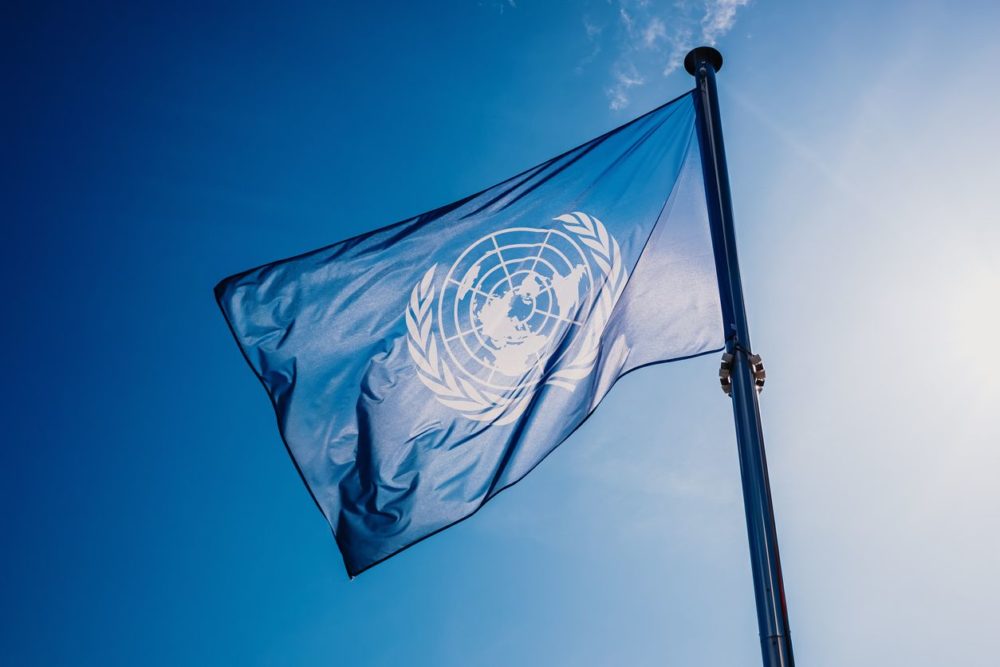From the US and Bangladesh to Iceland and Senegal, governments around the world said on Wednesday they have formed coalitions to change the way the world currently produces and consumes food, with technology and innovation playing a crucial role.
The announcement of eight ‘Emerging Coalitions for Action’ came at the end of a three-day UN ‘Pre-Summit’ in Rome, a precursor to the first-ever Food Systems Summit slated for New York in September.
It is expected that these groups — seven of which are led by governments, but will include other stakeholders — will push for progress in each category, including helping nations implement solutions at local levels to achieve food systems that are fairer, healthier, greener, and more resilient to shocks.
The coalitions include:
- ‘Action for Nutrition and Zero Hunger’ (Nigeria, Pakistan)
- ‘Agroecology, Sustainable Livestock and Agricultural Systems’ (Senegal, Switzerland)
- ‘Aquatic and Blue Foods’ (Iceland, Palau)
- ‘Food Loss and Waste’ (US)
- ‘Living Incomes and Decent Work’ (Antigua and Barbuda)
- ‘Resilience’ (Bangladesh)
- ‘School Meals,’ including home grown (France, Kenya)
The eighth — ‘Means of Implementation: Finance, Innovation and Technology, Data, Governance’ — is being led by Joachim von Braun, president of the Vatican City’s Pontifical Academy of Sciences and director of the Center for Development Research at Germany’s University of Bonn. He is also chair of the Food Systems Summit’s Scientific Group.
The Pre-Summit came on the heels of the latest UN annual report on hunger which showed nearly one in 10 people went to bed hungry in 2020, up from one in 11 the year before, and that around 3 billion people — more than one in three — couldn’t afford healthy diets in 2019.
A message repeated by many speakers at the conference was that science and innovation are key to prevent future famines while keeping climate change at bay.
“Without new ideas, methods, and innovation, intensification means expanding agriculture onto finite uncultivated lands, such as rainforests, and placing an even greater burden on essential resources like water,” Ruben G. Echeverría, chair of the Commission on Sustainable Agriculture Intensification, told AFN.
“By investing in new technologies like solar-powered irrigation pumps and smart water gauges that allow farmers to use water more efficiently, it is possible to increase crop yields while bringing down agricultural water use by 10% by 2030,” he said.
During the event, Israel-based cultured steak pioneer Aleph Farms — which recently raised $105 million for its Series B funding round — released a whitepaper on achieving a resilient and sustainable meat sector. In a webinar held on the sidelines of the Pre-Summit, the startup promoted the potential for alternative proteins to help meet the growing demand for meat.
Other partnerships announced at the Pre-Summit include a coalition by the International Fund for Agricultural Development (IFAD), a Rome-based UN agency, to help public development banks to “reorient, optimise and scale-up their financing for social and green investments and to benefit the rural small-scale producers working in some of the world’s poorest countries.”
Mariam Al Mheiri, United Arab Emirates’s Minister of State for Food and Water Security, also said it plans to launch a partnership with the US called the Agriculture Innovation Mission for Climate, to increase and accelerate global research and development on agriculture and food systems in support of climate action.
The conference was held in a hybrid format, with more than 500 in-person delegates and over 20,000 virtual delegates from 190 countries participating. Not everyone was on board, however, with many grassroots organisations representing farmers and indigenous groups boycotting it, opposing what they saw as undue influence by agribusinesses a lack of focus on human rights.





